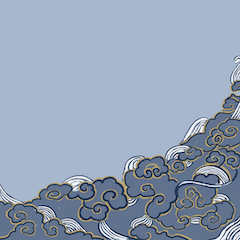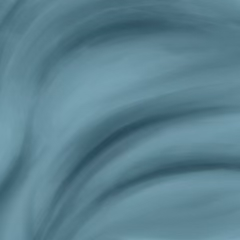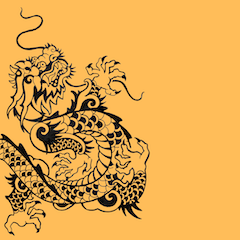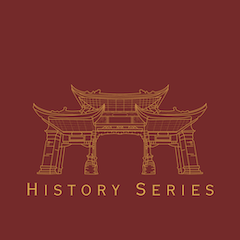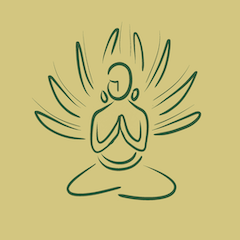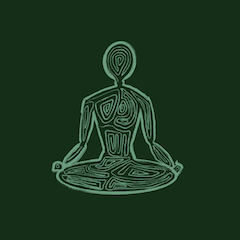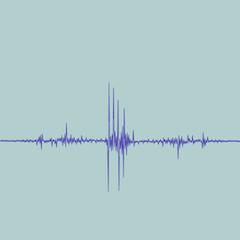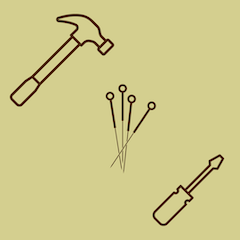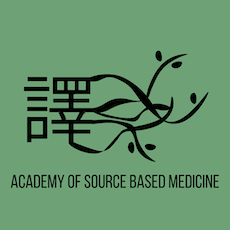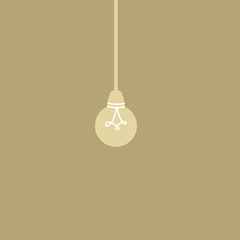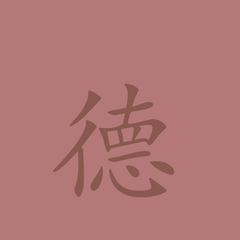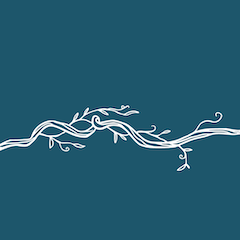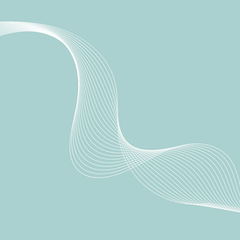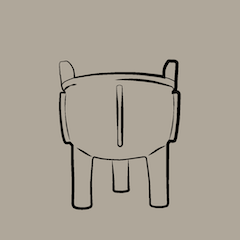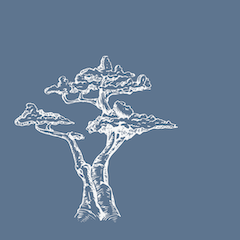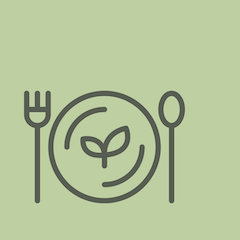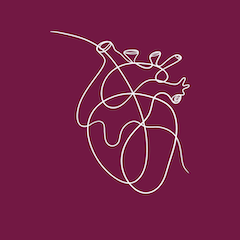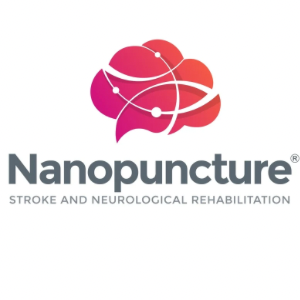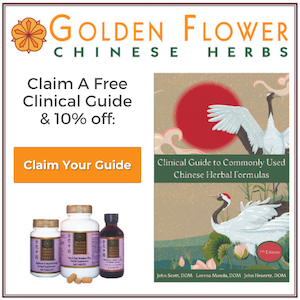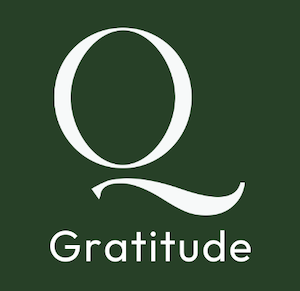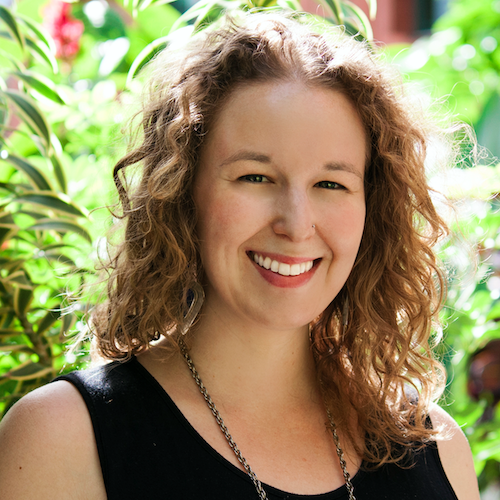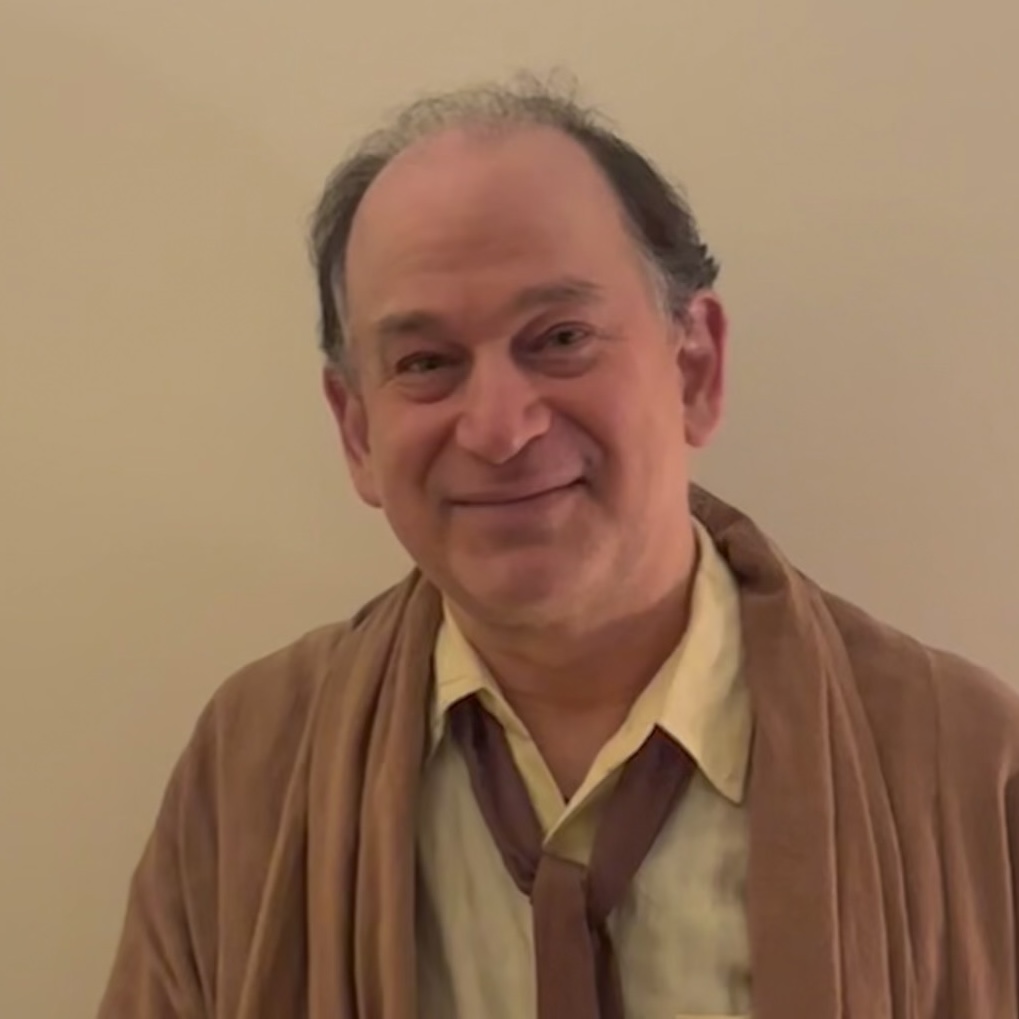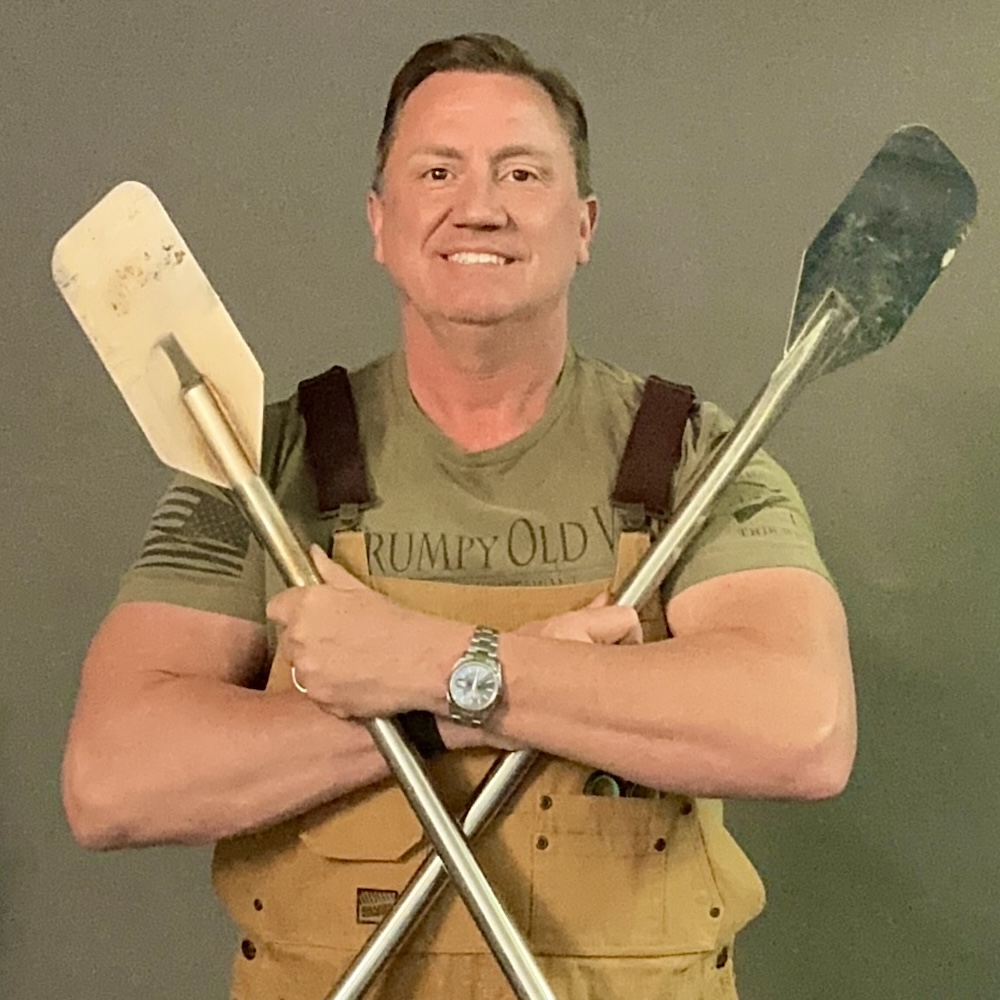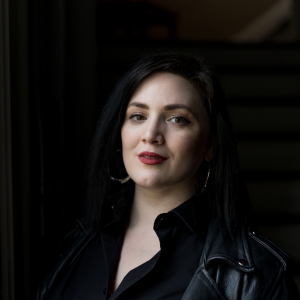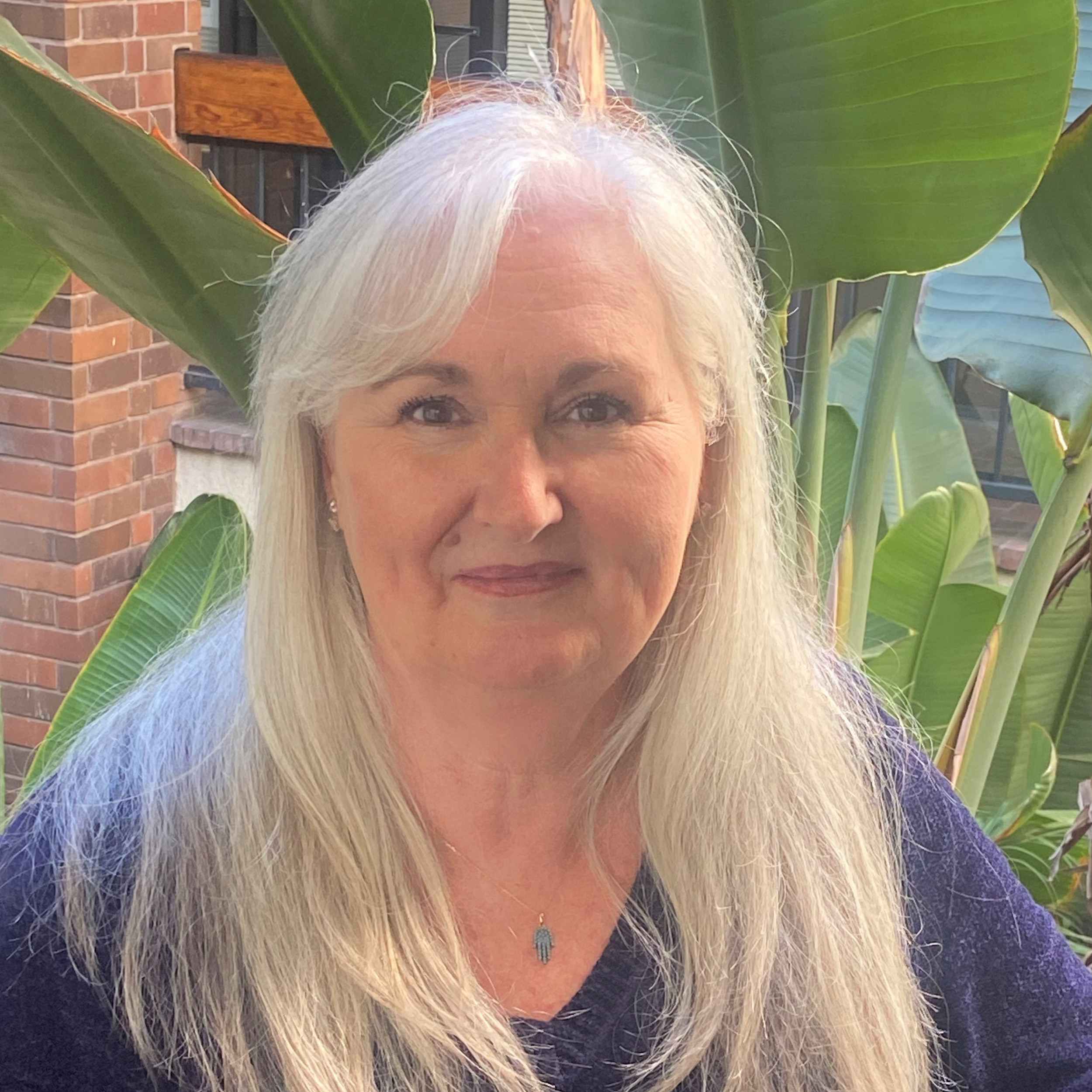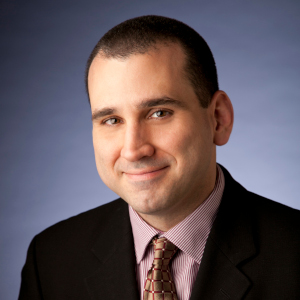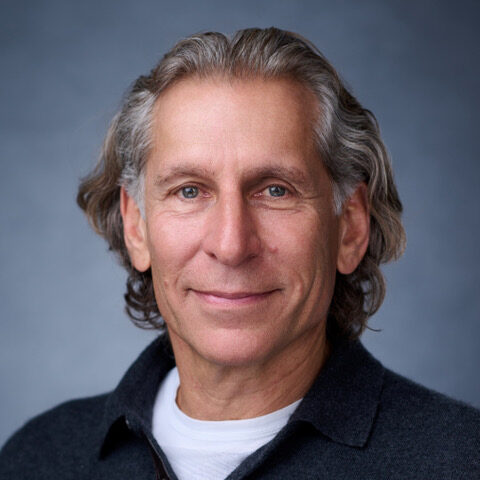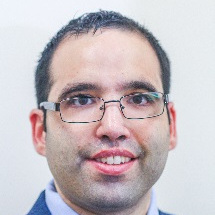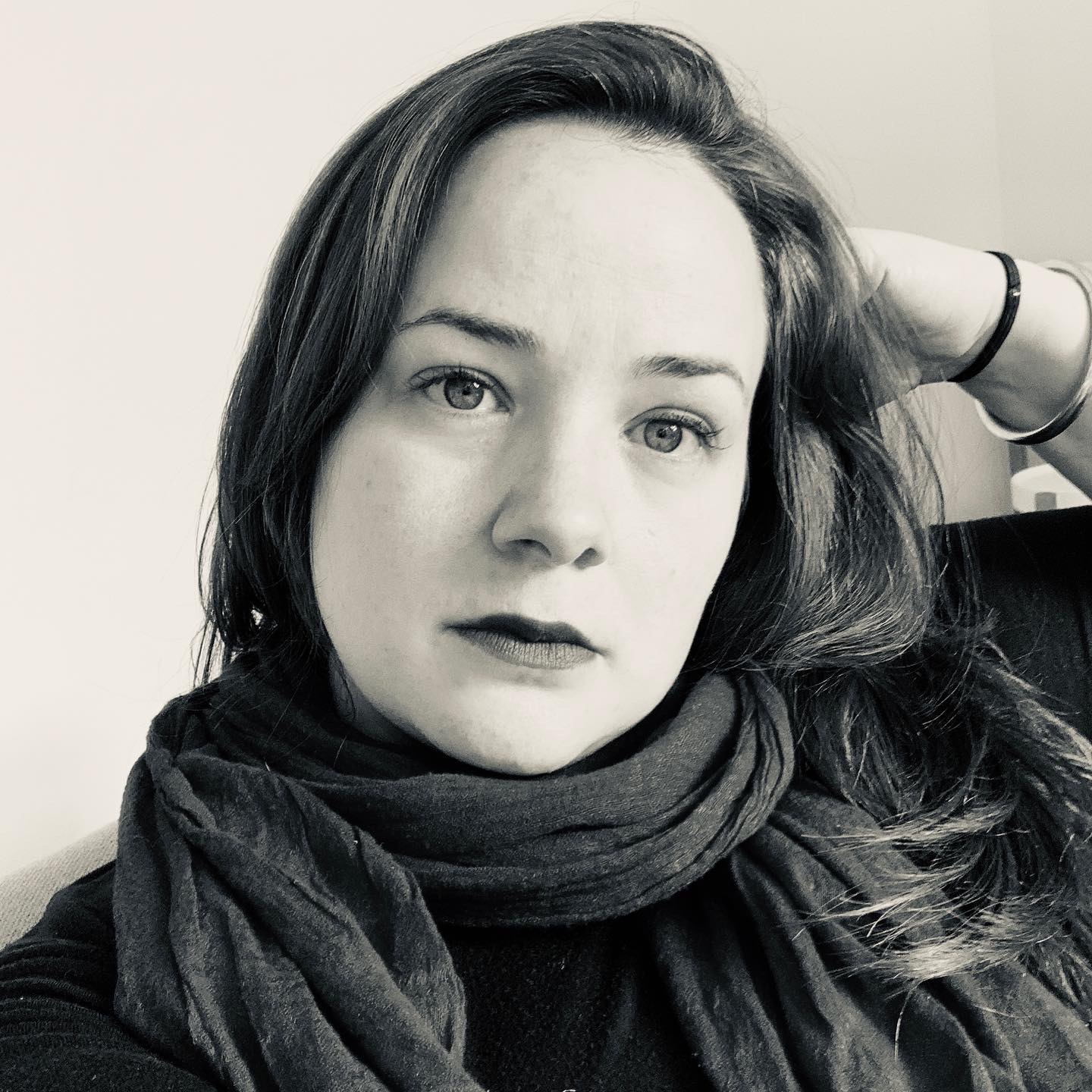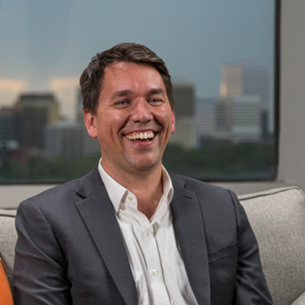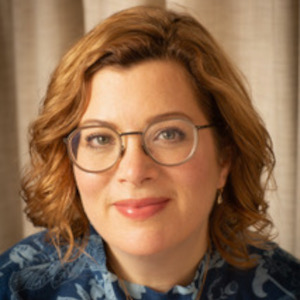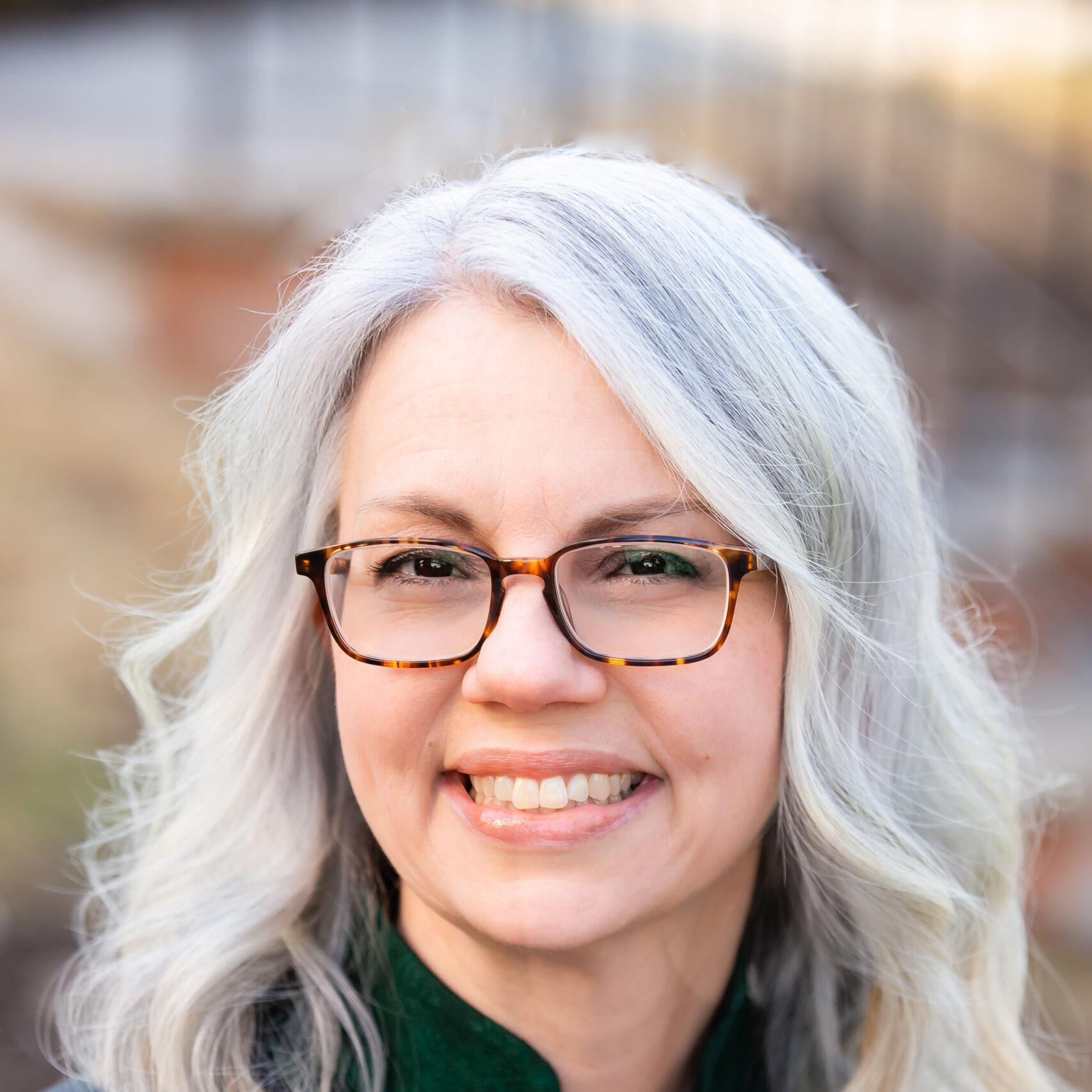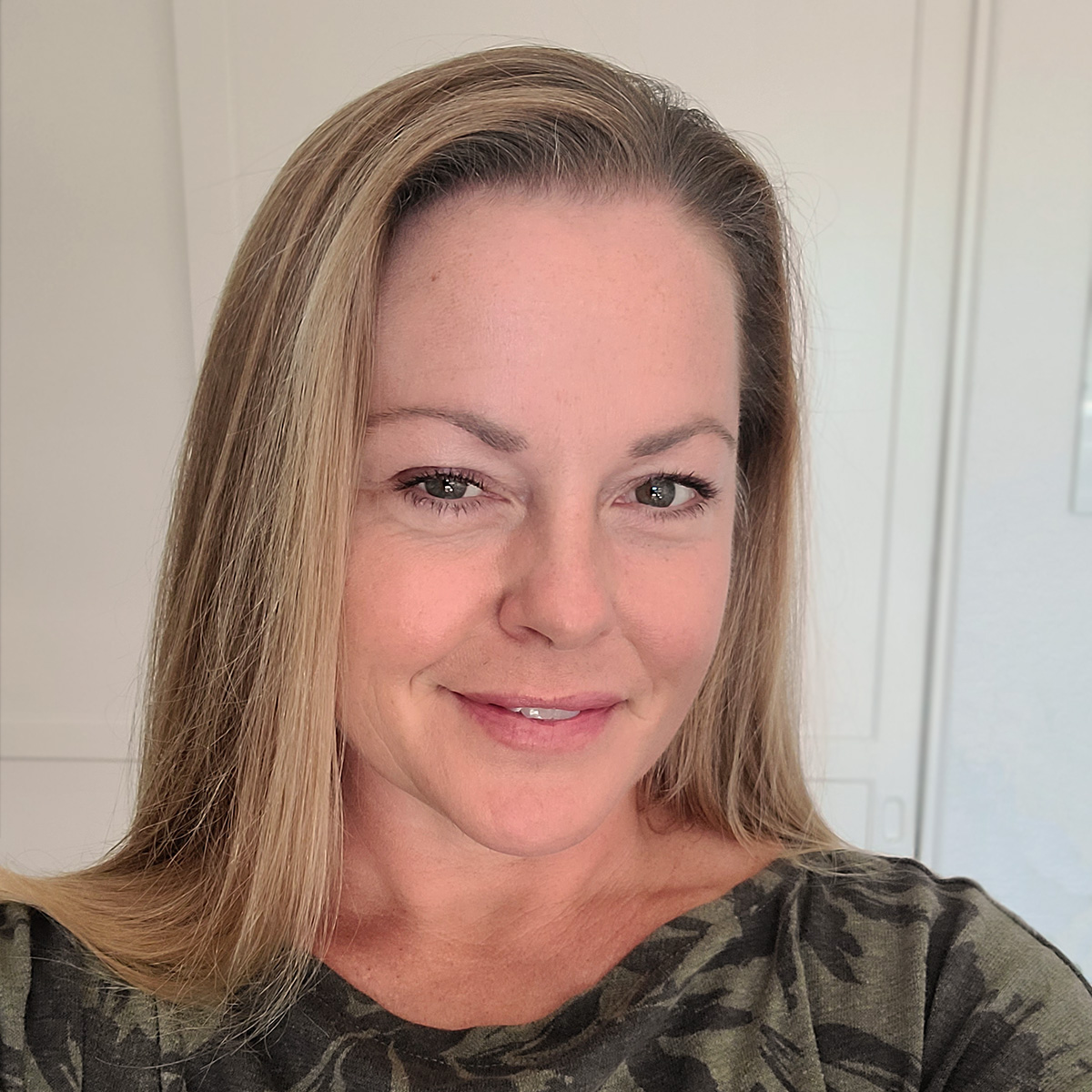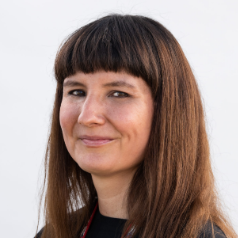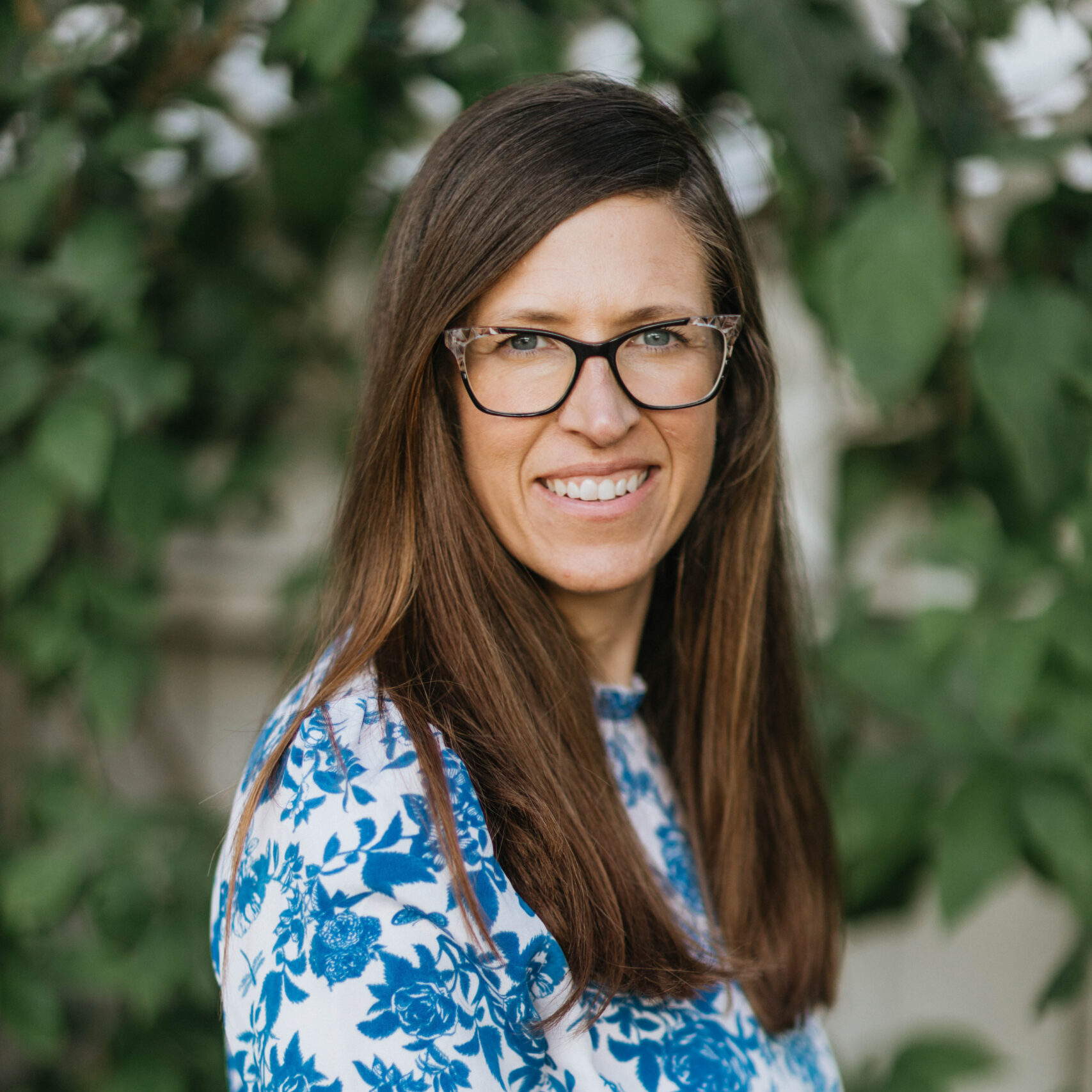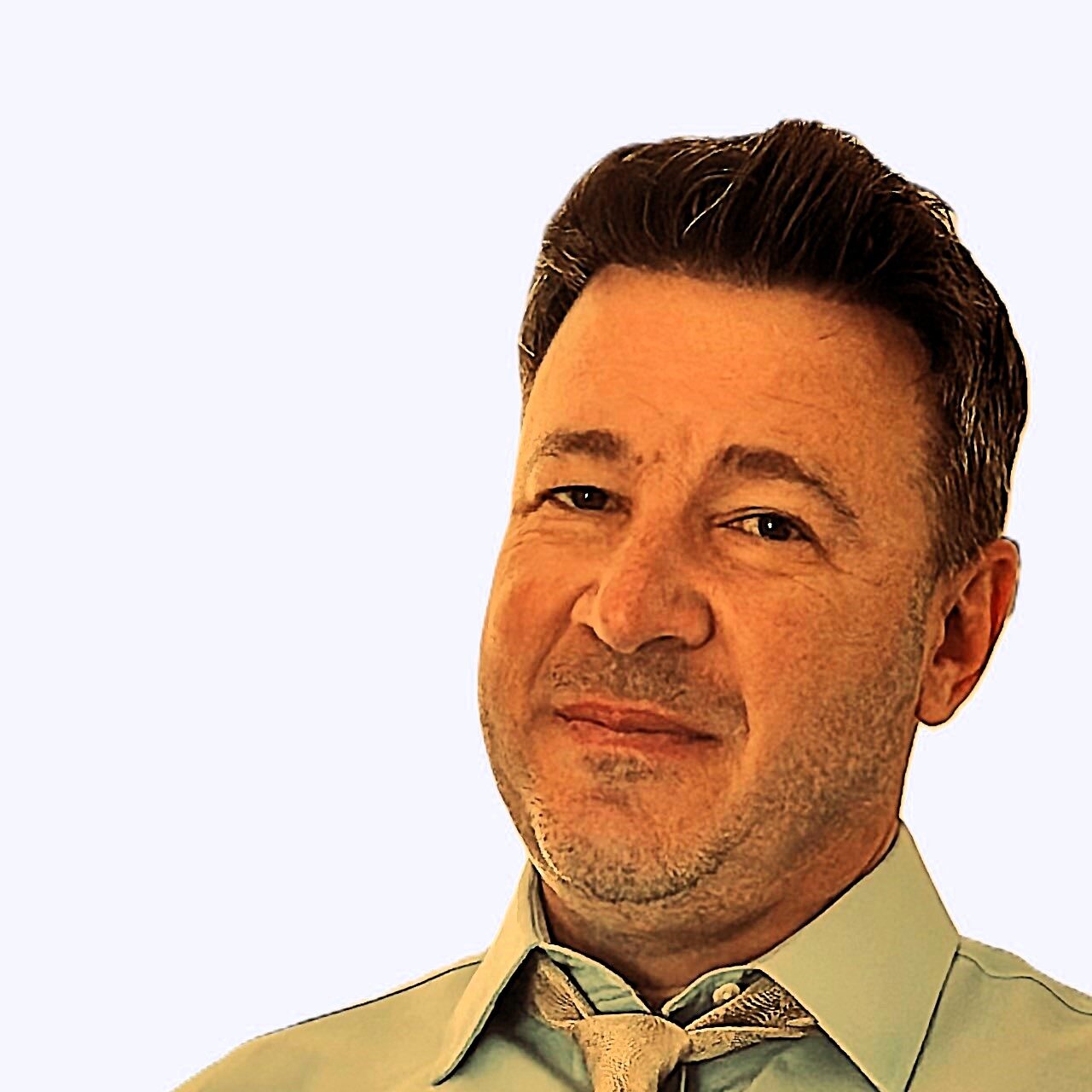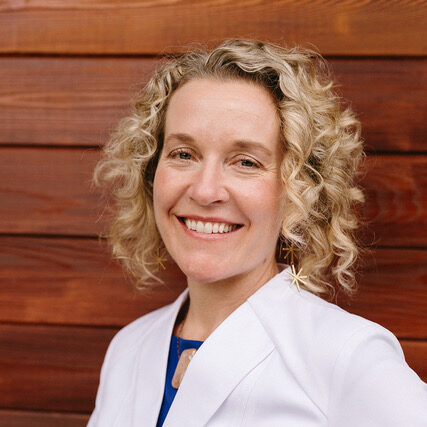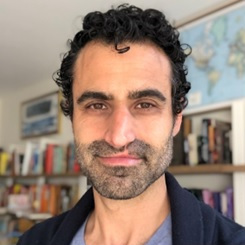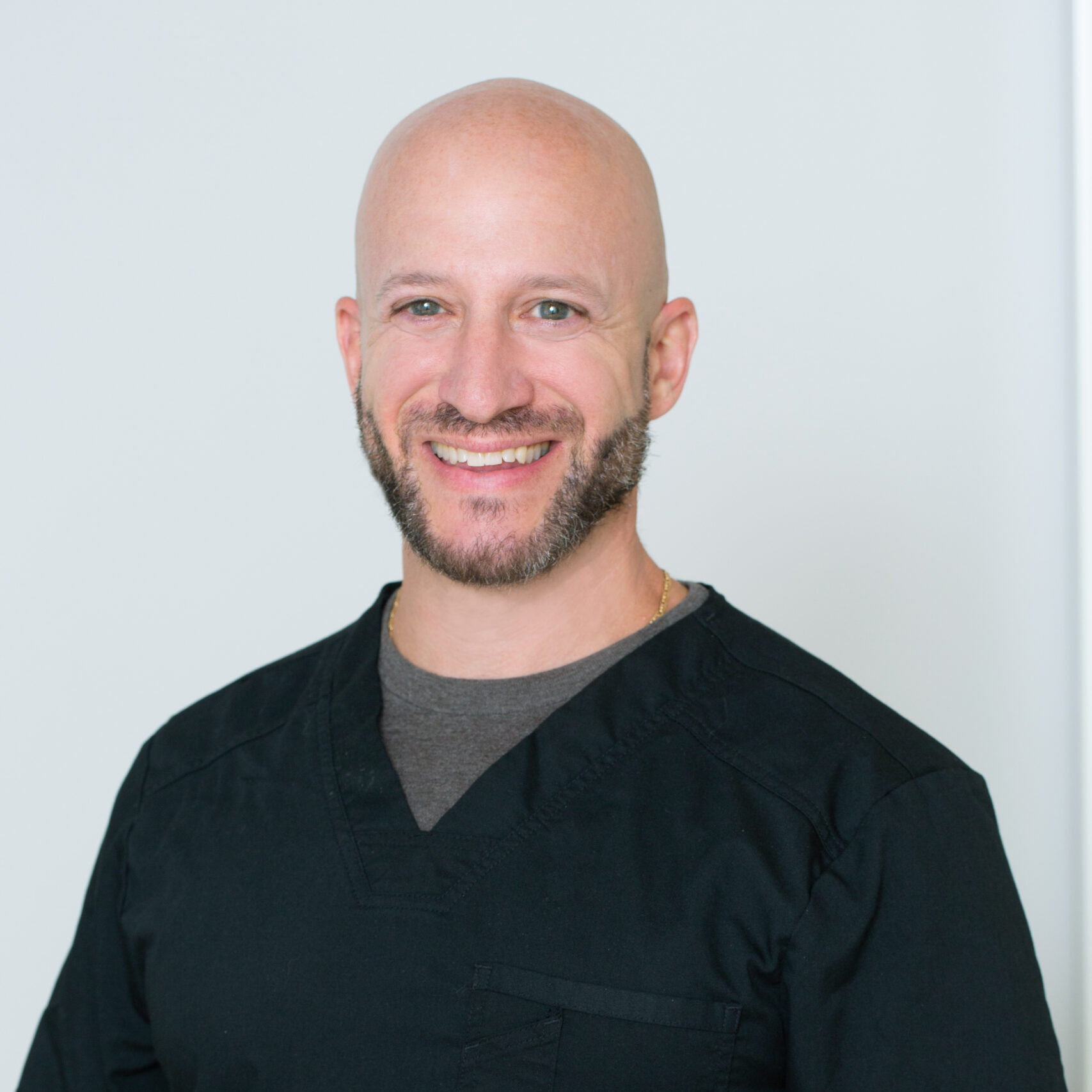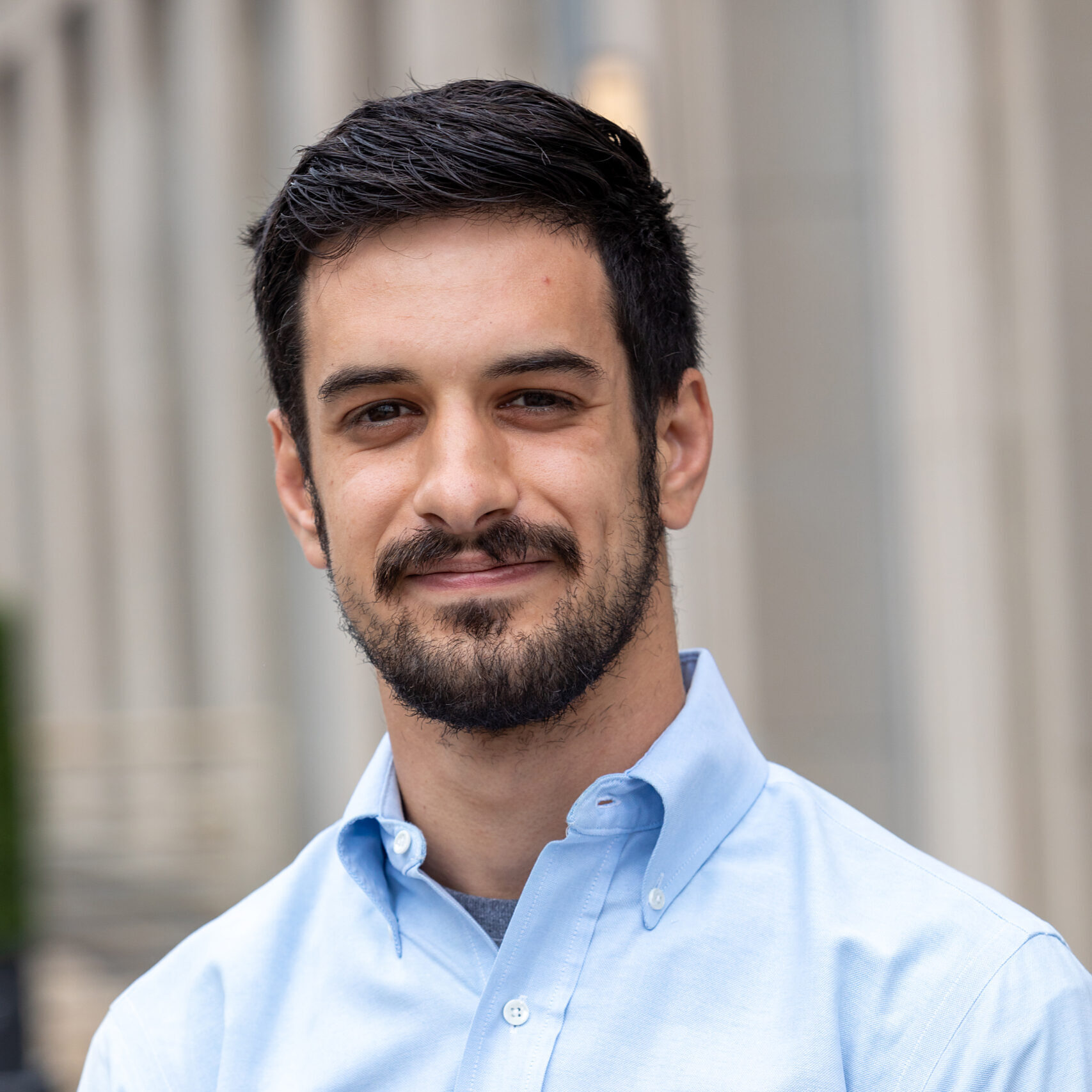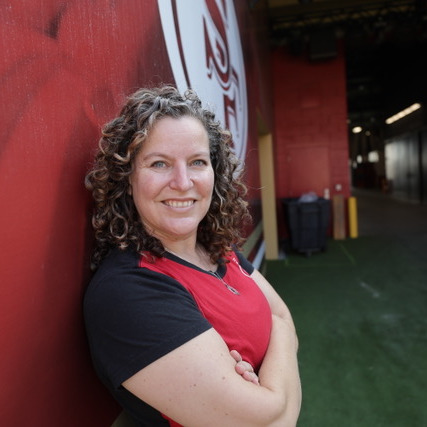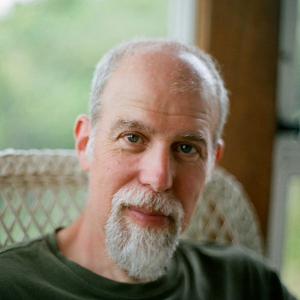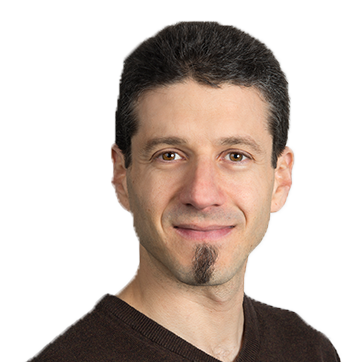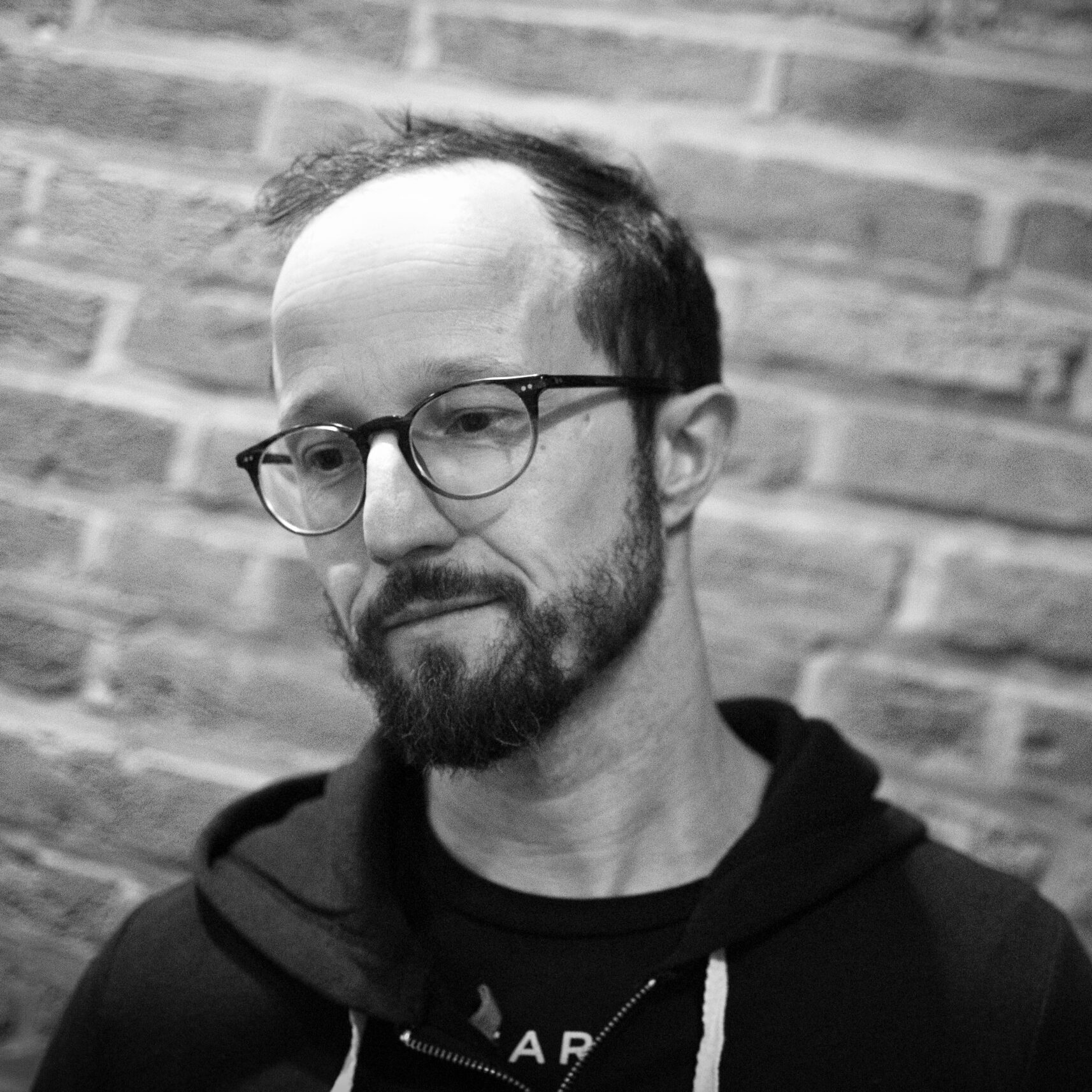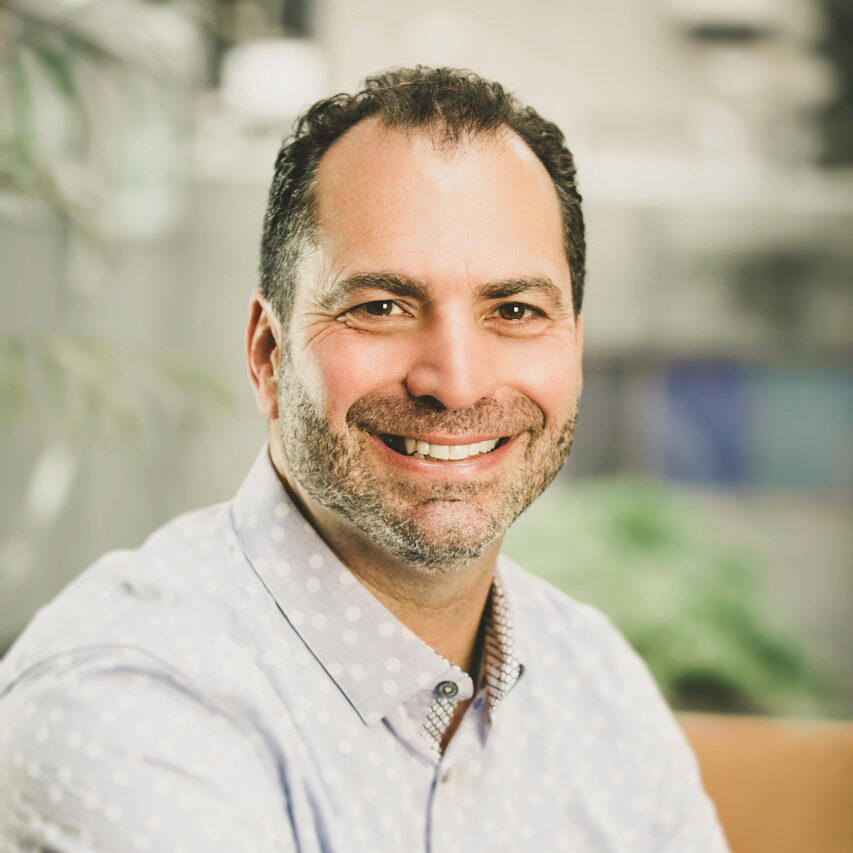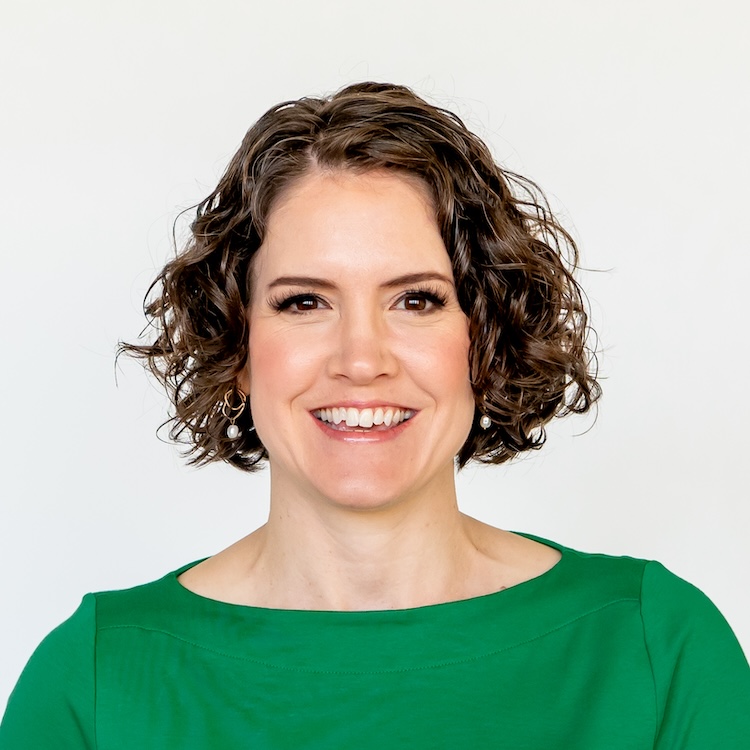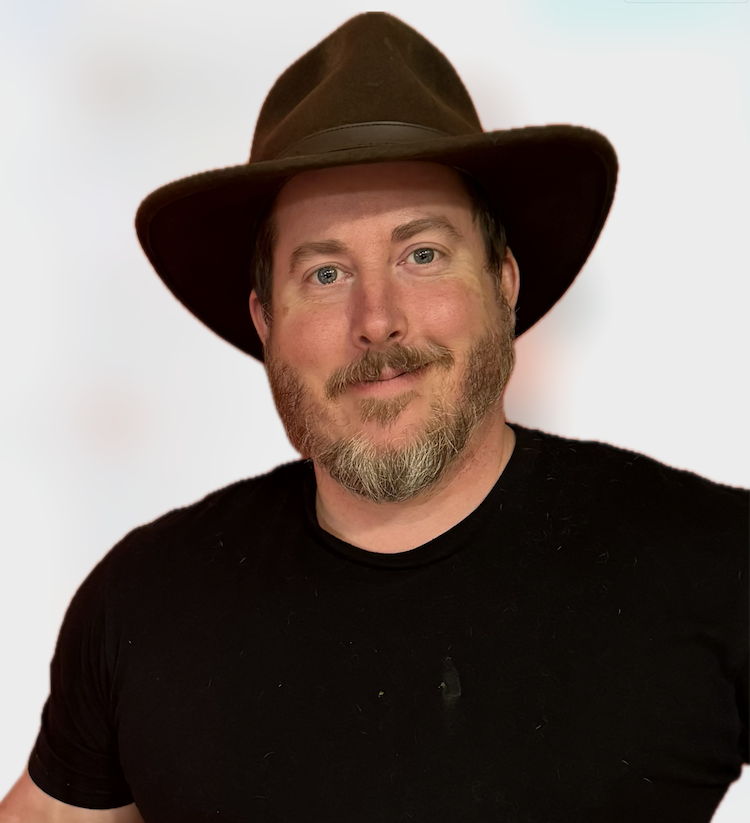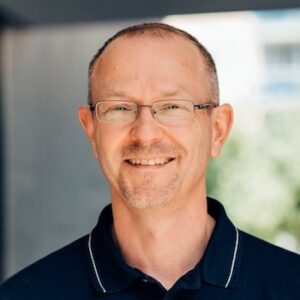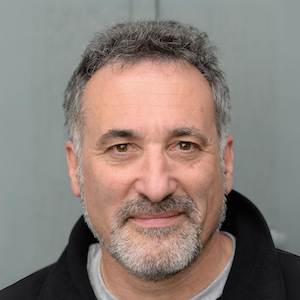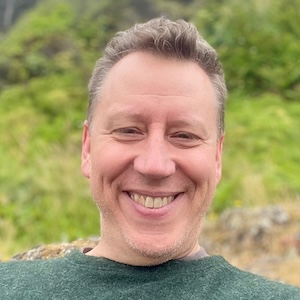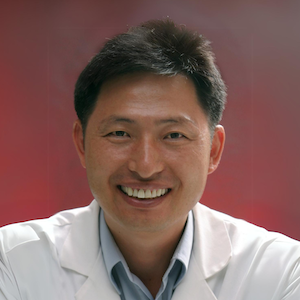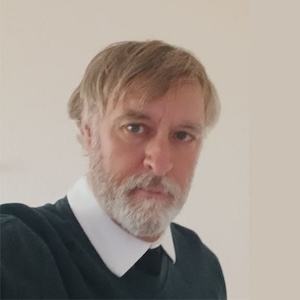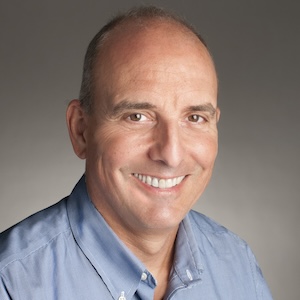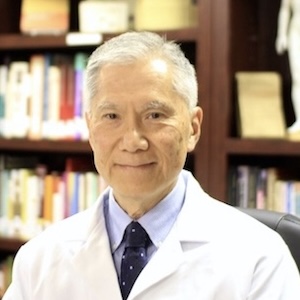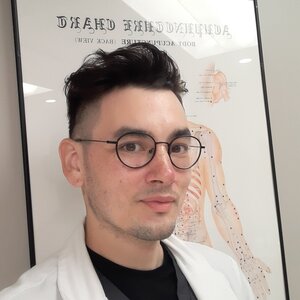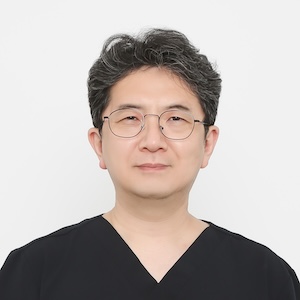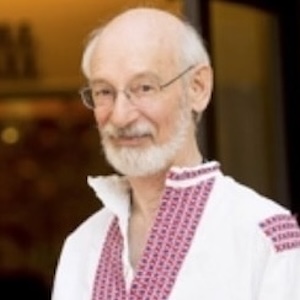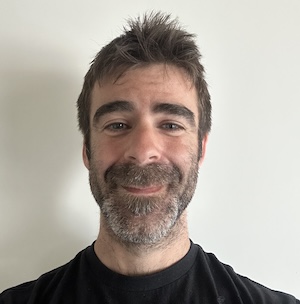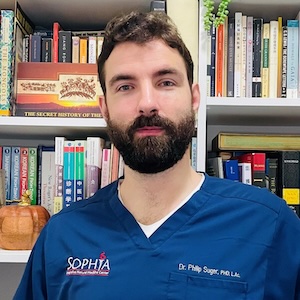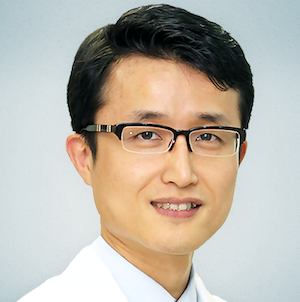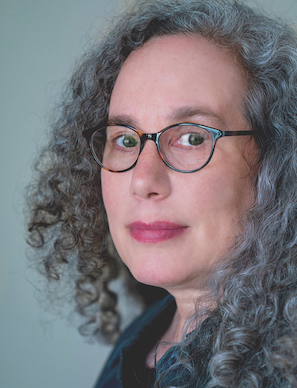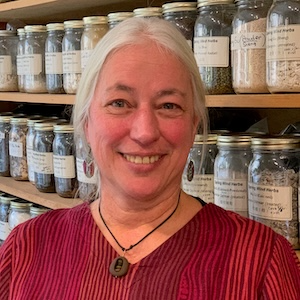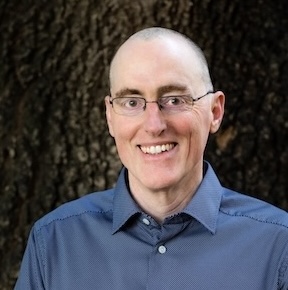402 Speaking Their Language- Effective Communication Strategies with Western Medicine Colleagues • Elie Cole
There's magic in learning how to translate the mysterious into the practical—especially when it comes to bridging the world of acupuncture with the language of Western medicine. Sometimes, all it takes is a burrito and a bit of bravery to create connections that open doors.
In this conversation with Elie Cole, we explore her journey from a massage therapist to a successful acupuncturist with a thriving practice built on referrals from biomedical professionals. Elie tells the story of a chance encounter at a farmer’s market that led her to develop a “lunch and learn” strategy that turned local doctors into reliable referral partners.
Listen into this discussion as we explore the art of using biomedical language to demystify acupuncture, the subtle dance of professionalism and relatability, the unexpected marketing power of a fax machine, and how to navigate the complexities of running a wellness center.
read moreSubscribe To This Podcast In Your Favourite Player
344 Jing, Authenticity and Mushrooms • Mason Taylor
Medicinal mushrooms have made their way into the everyday lives of the “old one-hundred names,” us common folk. Formerly rare and precious substances like Ling Zhi and Dong Chong Xia Cao are now cultivated and readily available for people like you and me.
Considered to be “higher” level medicinals, these are substances considered more for promoting wellbeing, than treating illness. Which brings us to the topic of “Tonic Herbs” and Yang Sheng, the nourishment of life.
Listen into this discussion of mushrooms, longevity and the search for authentic meaning.
read more343 Chinese Medicine Dermatology • Mazin Al-Khafaji
Clinical experience and results are paramount in developing skill as a Chinese medicine practitioner. Theory should serve practice, not the other way around. Specializing in certain disease categories like dermatology can accelerate your learning process.
In this conversation with Mazin Al-Khafaji we explore how he’s spent the past few decades using Chinese medicine to treat difficult skin conditions like eczema and psoriasis. His study of Chinese medicine and unexpected collaboration with conventional doctors on eczema trials added fuel to the fire of his interest in dermatology. Since then, he’s dedicated his work to researching and treating recalcitrant skin disorders, and teaching others who have an interest in this speciality.
read more342 Laughter of the Universe, Qi in the Year of Yang Wood Dragon • Gregory Done
We are here in the midst of winter cold going into the Spring Festival— the new Chinese Lunar year. It might seem strange to consider Spring as beginning in the deep middle of dark and cold, but all beginnings start in the dark. They begin before they can be seen.
Qiological is delighted to have Gregory Done back with his perspective on the coming Wood Dragon year. This 12 year Earthly cycle of animals began anew with the Metal Rat in 2020, and we know how that shifted our world in profound ways. This past year of the Water Rabbit, as Gregory suggested, would be weird— and indeed it was.
read more341 History Series, A Journey into Health, Wellbeing and Longevity • Peter Deadman
In the mid 70’s there were four English language books on acupuncture. Which wasn’t much to go on. But for the people that started learning acupuncture in those days. It was enough to get started.
In this conversation with Peter Deadman we revisit the early days of when acupuncture was emerging into the mainstream culture of Great Britain.
Listen into this discussion of cultural change, personal exploration, the structure of TCM and how a copy of bootlegged clinical notes helped Peter to learn the medicine, and then in turn share it with the rest of us.
read more340 Alchemy, Magic and Channel Personalities • Zachary Lui
There are aspects of East Asian medicine that touch on the frameworks of Buddhism, Daoism, Shamanism, and Alchemy. What’s more the lenses of philosophy, psychology, spirituality, and cosmology also can come into play when we consider the nature of the channels and points.
Touching on existential questions and potentials for healing transformation, our guest in this episode, Zac Lui, discusses the Five Phases and channel dynamics from a perspective you’ve likely not considered. And touches on the cultivation of consciousness and how it’s helpful to rid ourselves of limiting beliefs.
Listen to this conversation that offers a shamaic and esoteric perspective regarding the integration of different paradigms into your understanding and practice of medicine.
read more339 Confusion on the Path, The Dangers of Meditation • Leo Lok
Meditation is seen as an ancient panacea to modern problems. Mindfulness and equanimity will help with your productivity at work, relationships at home, reduce your need for certain medication and in general make you a better version of yourself.
But the inward turned gaze often enough does not reveal a tranquil garden, but a junkyard. The promise of stillness and equanimity evaporates in the onslaught of our unruly human minds.
In this conversation with Leo Lok, we investigate how mediation can be a source of greater suffering and contribute to mental illness.
read more338 Researching Chronic Pain in Children • Jonathan Riemer
Pain is a helpful signal when it works properly as a warning signal. But when that signal goes awry, it dramatically changes a person’s life and also affects their close relationships.
Jonathan Riemer has been researching chronic pain in children and he’s found there are social, neurological and psychological aspects to pain and its treatment.
read more337 . • Michael Max & Rick Gold
The curious thing about having someone ask me a question and engage in a conversation of inquiry is that I hear myself saying things that are usually hidden just under the surface of habit and belief.
In this episode the guest of the podcast is me. and the host steering the boat… it’s Rick Gold. if you don’t know Rick, listen to episode 323. He’s had a hand in hundreds of people learning our medicine.
Listen in for a discussion of the influence that shop class has had on me over the years…
read more336 Rock & Roll, Synchronicity and the Yi Jing, a history series conversation • Z'ev Rosenberg
We all have some kind of call to follow medicine, otherwise we wouldn’t be in the trade. If you answer that call today, you’ve got a profession you can work yourself into.
But back in the late 70’s early 80’s, the profession was still finding its footing. And if you’re like the guest of this episode, Z’ev Rosenberg, having an established professional track was less of a concern than following a hunger he had for natural methods for restoring and maintaining health.
read more335 Academy of Source Based Medicine • Michael Brown, Eran Even, Will Ceurvels, & Ivan Zavala
The vast wealth, and it is a wealth, of writing on Chinese medicine is in Chinese.
In this episode with Michael Brown, Will Cerveles, Eran Even, and Ivan Zalava, we have a discussion not just on translation, but more importantly the varied perspectives of practitioners whose work others thought was interesting enough to print and re-print through the decades and even centuries.
These guys are the new wave of practitioner/translators and they are fired up about what they’re discovering. And keen on sharing it with the rest of us.
read more334 Lean Into Your Gift • Clara Cohen
Some people dream of being influencers and social media stars. They are looking for a glamorous life in front of the camera.
Not so for the guest of today’s episode who first published a Facebook video as a way to help support her students. It was a complete shock when someone from another country wrote to tell her how they appreciated the help in learning medicine.
In this conversation with Clara Cohen we reflect on how she got started with her YouTube channel, Acupro Academy. It’s been an accidental journey that’s helped her to be of assistance to so many and given her an opportunity to discover how to use social media as a force for good.
read more333 Prescriptions for Virtuosity • Eric Karchmer
We practice traditional medicine, or do we?
Because Chinese medicine has roots and writings that go back into misty history, it’s easy to imagine we practice much like your average Qing or Ming doctor. But the truth is, the way practitioners worked even just a hundred years ago would be quite foreign to the standards of today.
In this conversation with Eric Karchmer we explore some of the themes and historic insights from his new book Prescriptions for Virtuosity, The Post Colonial Struggle of Chinese Medicine.
I’m serious when I tell you— it’s going to blow your mind.
read more332 History series- Connecting Heaven and Earth • Efrem Korngold
In this conversation, our guest Efrem Korngold said, “the definition of a good paradigm is that you can apply it effectively to new problems.”
You know how sometimes you hear something and it stops you dead in your tracks, it rings true in a way that you can feel in your bones, muscles and blood. I heard this and felt the truth of it. What’s more was his further comment that Chinese medicine; it’s good paradigm.
Listen into this conversation on the early days of Chinese medicine emerging into the mainstream in California, the way fearlessness helps to develop you as an acupuncturist and why imagination is so vitally important to the craftsperson.
read more331 A Stroll Through the Landscape of the Polyvagal • Karine Kedar
“My Po made the decision.”
I’m usually skeptical about most explanations of the “Spirit” of the five Zang viscera. Not that I don’t indulge speculation myself, I most certainly do. But given these ideas come down to us from another time, language, and culture. Given they’ve traveled through through the millennia I’m mightily reluctant to stake a claim on what the ancients might have intended.
That said, the guest of today’s conversation Karine Kedar said the above quote towards the beginning of our discussion and it landed with an in-the-bones sense of “that’s right.” Which is an interesting place to start when the topic is polyvagal theory and East Asian medicine doesn’t even recognize a nervous system.
read more330 Acupuncture and Non-Ordinary States of Reality • John Myerson
You don’t need to practice acupuncture for very long to realize that people frequently slip into a deep state of quietude and repose. Often enough, they come out of a session with a completely different look to their eyes, they move slower and with a more integrated coordination, they’re focused less on the noise in their life, and more on the potency of the present.
In this conversation with John Myerson, we explore acupuncture and non-ordinary states of consciousness. This was part of a PhD dissertation he did in Psychology, but what’s more interesting is how he has evolved this exploration into his clinical work. A practice which looks quite different from his original inquiry of using needles and music to induce non-ordinary states.
read more329 Alchemy, Presence and Transformation In Clinical Work • Leta Herman
I’ve often enough equated the word Alchemy with Magic. Hoping for something that would quickly and painlessly transform the troubles dogging me.
Perhaps this is possible with magic, but alchemy, that is a process of preparation, distillation and attentiveness. It’s a undertaking that requires a kind of containment and the transformative power of time is a key ingredient. Maybe not unlike the process of learning medicine by practicing medicine.
read more328 Learning Acupuncture When There Weren’t Any Schools • Jake Fratkin
It’s surprising the unexpected paths we trod that lead us to our destiny. Especially when you’re headed into a profession or line of work that does not yet exist.
In this conversation with Jake Fratkin, we meander through tales of back pain, bitter herbs, beginner's luck and crooked judges. We reflect on the joys and uncertainties of following your fascination to wherever it leads, and making a go of life on the edge of the establishment.
read more327 An Acupuncture Perspective on the Shang Han Lun • Maya Suzuki
There are several foundational texts that lay the groundwork for Chinese herbal medicine. Usually when you think about the Shang Han Lun, you’d immediately think of herbs. And when you think about the various herbs that make up the classic prescriptions, you’ll realize they all have a flavor, direction and character. In essence— a kind of qi.
In this conversation with Maya Suzuki we discuss the dynamic of Gui Zhi Tang. How it leaves palpable traces in the body. And how to use acupuncture in a way that speaks to the action of each of the individual herbs, and the overall character of the formula.
read more326 80/20 of Nutrition • Brenda Le
Confused by all the diet advice out there? Me too! Seems like there's always a new fad telling us what to eat– or not. I'm a fan of the 80/20 principle and I’ve been wondering if that might apply to diet, especially if you’re using diet as a way to...
read more325 Putting Your Heart Into It • John Nieters
We have plans, but our destiny usually is not found in the maps we make of the world. It shows up in unexpected, random and often unguarded moments. There’s a lot we “do.” It does not come from knowing, but we can spin up a story in retrospect. In...
read more




